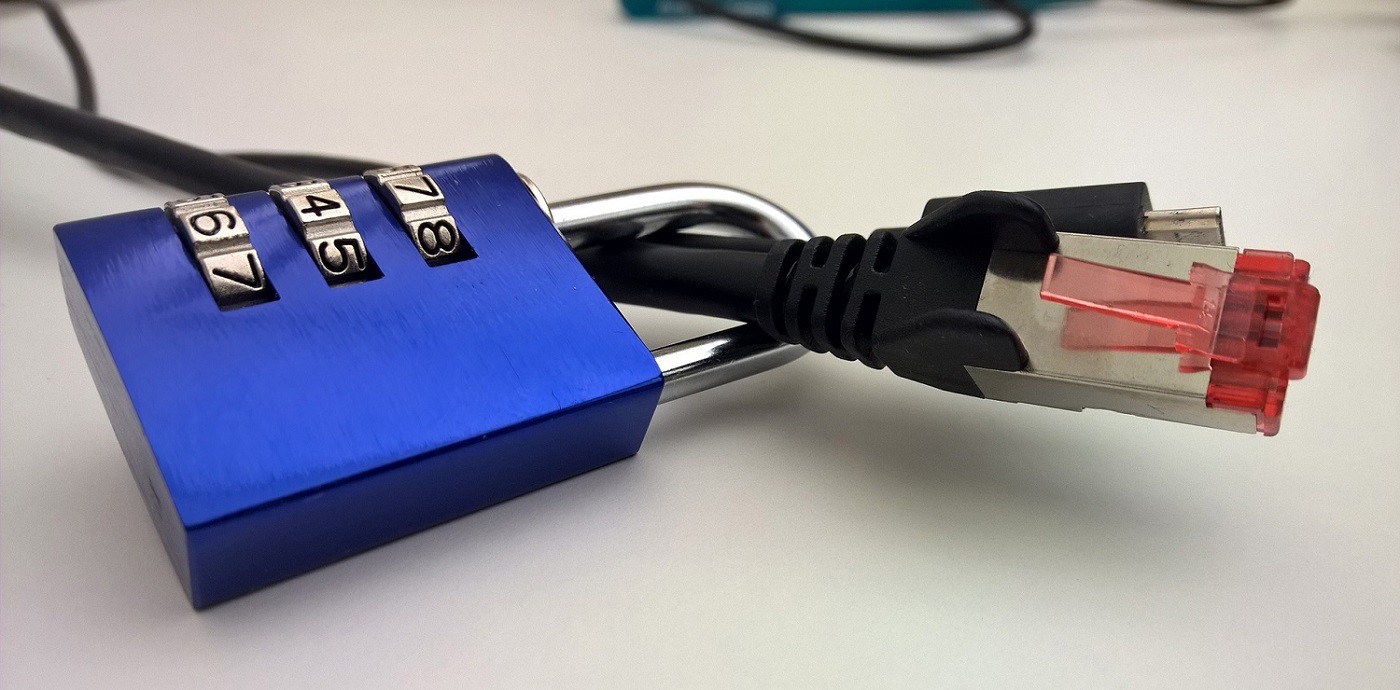A new survey shows that only a handful of people who said they distrust the Internet are actively choosing encryption in response.
The survey, called the CIGI-Ipsos Global Survey on Internet Security and Trust, was conducted by Ipsos on behalf of the Canadian think tank the Centre for International Governance Innovation (CIGI). The Internet Society (ISOC) and the United Nations Conference on Trade and Development (UNCTAD) are partners in the survey, which is now in its fifth year.
The survey asked more than 25,000 individuals in 25 economies their opinion on Internet security, privacy, and trust.
Trust is very personal. The word “trust” may mean different things to different people. What we consider to be trust is constantly evolving and is shaped by many factors including our culture, our education, and our experience.
The survey asked users how much they agree or disagree with the statement “Overall, I trust the Internet”. We did not ask users how much they trust the Internet to perform in specific ways or to provide a specific user experience. However, the question provides a rough indicator of positive or negative attitudes towards the Internet.
74% of respondents in 2019 agreed with the statement “overall, I trust the Internet”. But, of the 36% who did not agree, more than 60% cited a lack of Internet security as a reason. And, at least 81% of these respondents said cybercriminals as a source of that distrust.
In response to these concerns, 49% of these respondents started sharing less personal information online and 39% began using the Internet more selectively. This could mean they are being more careful about disclosing personal information and which online sites they visit, but it also could mean they are self-censoring or otherwise limiting their online experience. Surprisingly, only 19% of these respondents said they were using more encryption or other privacy and security-enhancing tools to protect themselves online. This could mean that some people do not know how to use encryption tools or that some people find encrypting their data too hard. It may also mean that users aren’t aware that some of the services that they are using are encrypted.
Encryption is currently one of the best tools available for protecting the data of users online. The technology scrambles data or turns it into a coded form so it can be read only by someone with the means to return it to its original state. It helps protect people by: keeping their communications and information confidential; preventing their data from being altered; and ensuring they are communicating with the right service. We rely on it every day for things like web browsing, online banking, elections, electricity, hospitals, transportation, and more.
While there is no single solution to Internet security, strong encryption helps make the Internet more secure and it should be the norm.
Here’s what You Can Do Right Now
We’re excited to be at RightsCon this year and to talk about how the CIGI-Ipsos findings show that people are worried about their security and privacy online, and that we can all take a stand for strong encryption to make the Internet more secure for everyone. Security and trust are critical to ensuring that people stay online.
If you are at RightsCon and taking part in person, or, if you are participating remotely, we’d love your help!
- Read the full CIGI-Ipsos Survey on Internet Security and Trust
- Share these 5 steps you can take to make sure you’re as secure as you can be. If you use social media, use the hashtag #encryption
- Come see us at RightsCon! Here’s where you can find us.
- Find out more about how encryption works

